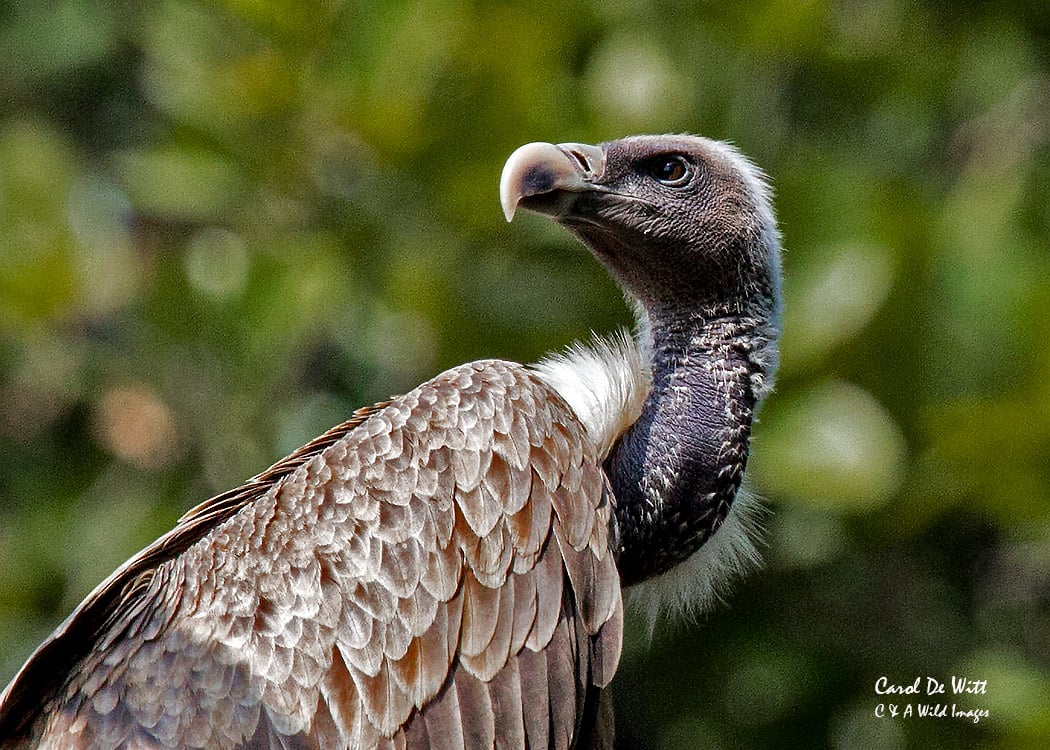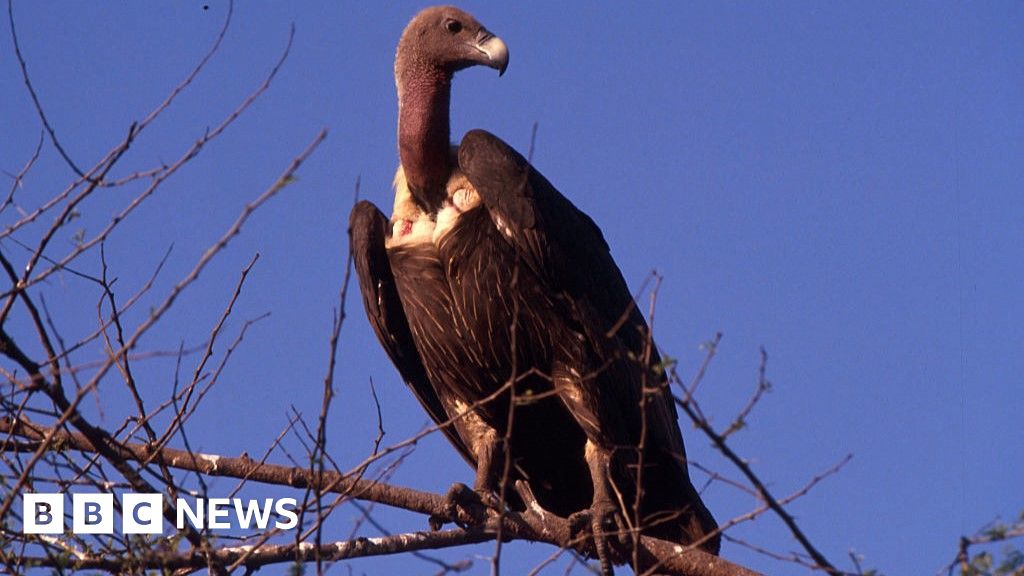BBC: How decline of Indian vultures led to 500,000 human deaths 25 JUL 2024
More than two decades ago, India’s vultures began dying because of a drug used to treat sick cows.
By the mid-1990s, the 50 million-strong vulture population had plummeted to near zero because of diclofenac, a cheap non-steroidal painkiller for cattle that is fatal to vultures. Birds that fed on carcasses of livestock treated with the drug suffered from kidney failure and died.
The unintentional decimation of these heavy, scavenging birds allowed deadly bacteria and infections to proliferate, leading to the deaths of about half a million people over five years, says the study published in the American Economic Association journal.
“Vultures are considered nature’s sanitation service because of the important role they play in removing dead animals that contain bacteria and pathogens from our environment - without them, disease can spread,” says the study’s co-author, Eyal Frank, an assistant professor at University of Chicago’s Harris School of Public Policy.
“Understanding the role vultures play in human health underscores the importance of protecting wildlife, and not just the cute and cuddly. They all have a job to do in our ecosystems that impacts our lives.”
The authors estimated that between 2000 and 2005, the loss of vultures caused around 100,000 additional human deaths annually, resulting in more than $69bn (£53bn) per year in mortality damages or the economic costs associated with premature deaths.
These deaths were due to the spread of disease and bacteria that vultures would have otherwise removed from the environment.
“The vulture collapse in India provides a particularly stark example of the type of hard-to-reverse and unpredictable costs to humans that can come from the loss of a species,” says Mr Sudarshan, an associate professor at the University of Warwick and co-author of the study.
It is amazing to see what a difference these birds most take for granted contribute to our success as a species.
Many find vultures to be creepy, but after learning about some of their amazing abilities and understanding why they’ve evolved to become what they are, they are superbly designed animals that excel at doing a very important job.
White-rumped vulture (Population loss since 2000: 98%)

Indian vulture (Population loss since 2000: 95%)

Red-headed vulture (Population loss since 2000: 91%)




The ignoring the science part for sure is bad, especially by the manufacturers. But they have probably also saved many human lives by providing more and cheaper food, which was the point of the hybridization in the article.
There seem to be better all around alternatives now, though maybe not as cheap or well known yet.
Hopefully they will continue to replace this old drug and the vultures may someday bounce back.
Science is wonderful, but when we use it for greed, it can become quite terrible as well.